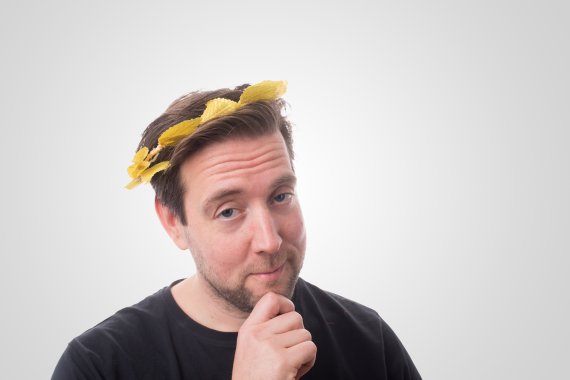These techniques are not a goal in their own right; they are tools for doing research in new ways
A critic might wonder whether this is really necessary. Aren’t we losing our focus on the core business with all these new fields? Shouldn’t you build on your strengths? There has been an undeniable shift in focus: the curriculum has changed with data science being introduced in nearly all programmes and the rector recently announced a major investment in artificial intelligence (AI) over the next few years.
I myself am a good example of that shift: after a PhD in nutrition at WUR, I brushed up my Bachelor’s in AI and spent my evenings studying for a Master’s in data science and information management systems (I got the certificate today!). I did so for the same reasons WUR is doing so: sensors, data and AI are the future. But these techniques are not a goal in their own right; they are tools for doing research in new ways. That is why I think the WUR strategy is so smart: all our partners may be investing in AI but only we can use it to investigate those typical Wageningen topics with new approaches.
Guido Camps (36) is a vet and a postdoc at the Human Nutrition department. He enjoys baking, beekeeping and unusual animals.

